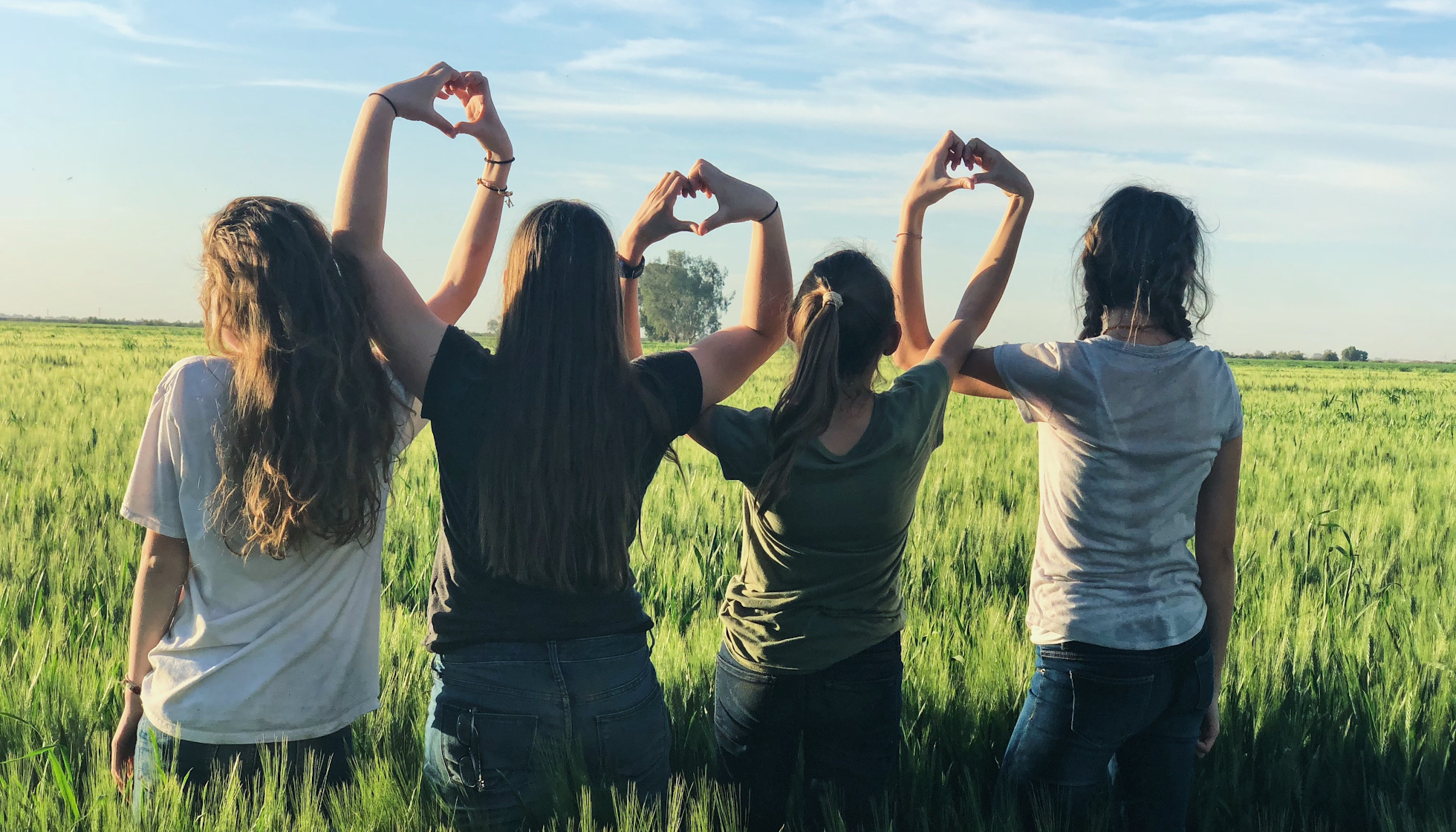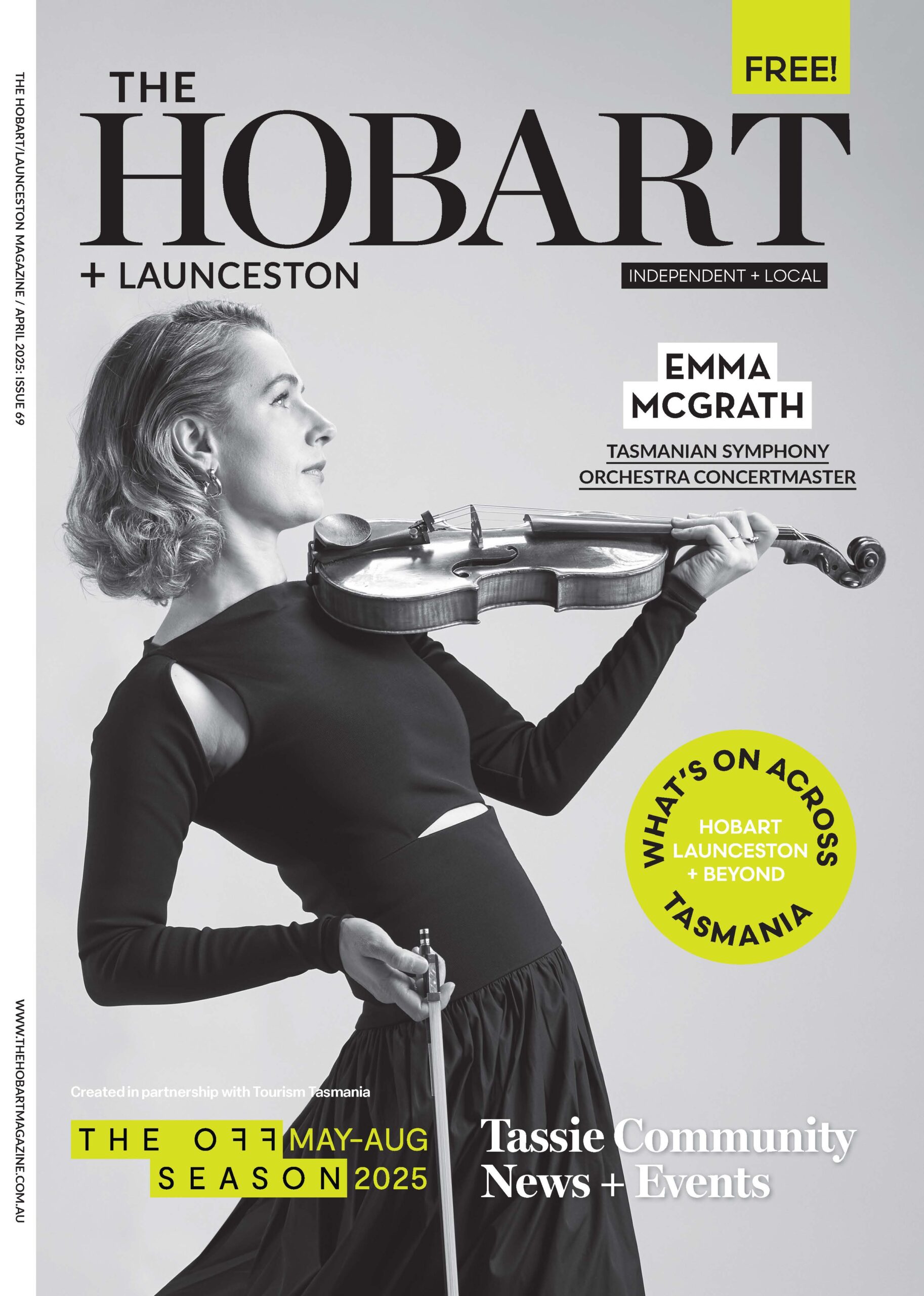Who’s the leader? Heart or head.
by Annia Baron

There’s a story about a group of scientists who travelled to Nepal scanning the brains of monks to better understand the secrets of the mind, equanimity, and resilience.
After setting up MRI machines and connecting wires to the heads of the robed men, one by one the monks started chuckling. The researchers became confused. “What was so funny?”, they thought. A translator working with the team revealed the mystery. The monks found it odd that if Westerners wanted to study the important workings of the mind, then why were they trying to determine the activity of the brain. “Where else would we be measuring?”, wondered the scientists. One by one the smiling monks pointed not to their head but to their heart.
Scientific interest has grown regarding the connection between the heart and brain. In fact, the heart has been dubbed the ‘little brain’ given the direction of signals that flow between these organs. The vagus nerve, the main component of the parasympathetic nervous system, carries messages from the heart and other internal organs to the brain, and redirects them to the medulla, hypothalamus, thalamus, amygdala, and the cerebral cortex. This flow of information sees more action directed from the heart to the brain versus from the brain to the heart. In essence your heart ‘thinks’ before your head. But often we don’t hear what our heart is telling us.
With so much external noise and internal tension (pressure to conform, other people’s expectations, fear of failure etc), decisions are tainted by these cognitive distractions instead of being made from a place of composure and conviction. For example, how many times have you found yourself (over)reacting instead of calmly choosing your response? We’ve all been there. Those times you don’t speak your truth because you’re worried you’ll be disliked or want to avoid confrontation. And we do it a lot. In fact, given that 95% of our habits, patterns, biases, and personality are automatised, much of what we believe, think, say or do runs on this autopilot mode. We end up making choices misaligned with our heart’s true desires, goals, and needs.So how can we change that? Can we bypass this default brain network? Can we harness the power of our heart’s wisdom and train ourselves to make purposeful, intentional choices more often? Absolutely!
Here are some quick and easy ways to cultivate your practice, each embedded in scientific research.
Mindfulness
Is an evidenced based tool with a plethora of benefits including helping to manage stress and improve sleep, which are imperative for heart-brain health.
Move your body
Even simple movements like walking, stretching or dancing can have immense health benefits for your heart-brain connection by releasing endorphins, enhancing creativity, and producing brain-derived neurotropic factor – a protein that encourages connections between brain cells and helps to form new brain networks.
Meditation
Amongst many positive effects, it supports neuroplasticity, lowers heart rate and blood pressure.
Modulate your breath
For example, paced breathing, box breathing, nadi shodhana breathing. Focused breathing exercises regulate your nervous system and activate brain areas linked to emotion, attention, and body awareness. By activating these networks through breath, we can access a way of supercharging our response to stress.
Mantra
From a neuroscientific view, positive affirmations (not to be confused with positive thinking which just suppresses negative thoughts), in conjunction with other practices, can help reprogram our relationship to negative cognitions and create more adaptive self-dialogue.
The good news is you don’t need to spend years in a monastery practicing these tools to reap the benefits. Controlled studies have found functional changes to the brain and long-term effects of mindfulness and meditation, for example, have been noted just after 4 days of practice. But like any skill, consistency is key. Make 2022 the year you follow your heart. Stop making fear-based, automatised decisions that inhibit your growth. Give yourself more opportunity to live your best life. This is what you deserve. This is what we all deserve. And in a world of ever-present uncertainty, with so much weighing on our minds all the time take comfort in the science: Your heart knows the way. All you need to do is listen.
Annia Baron is a Clinical Psychologist & Mindset Coach. Connect with her on 0402 448 278, on Instagram @anniabaron or visit www.remindyourself.com
Did you know?
Did you know you can die from a broken heart? Broken Heart Syndrome (or takotsubo cardiomyopathy) occurs when one person dies not long after the death of their spouse. It is said that Johnny Cash, the famous musician who died from difficulties with diabetes four months after his wife passed from heart surgery complications, died from a broken heart. The famous couple were married for 35 years.

